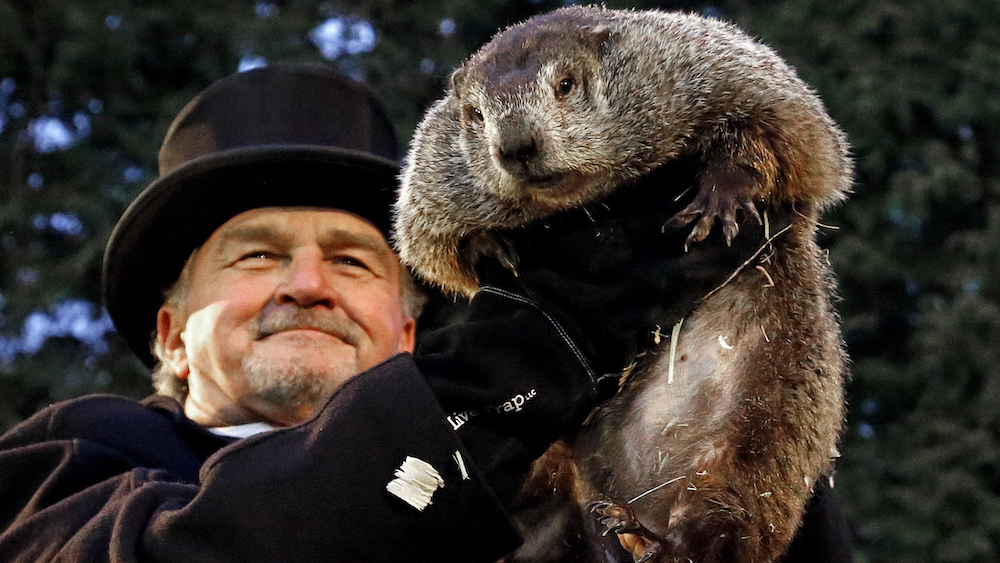Groundhog Day, a tradition dating back to the late 19th century, has long provided respite from many long winter months. Moving from candles, to hedgehogs, and finally, to groundhogs, the holiday has gone through many transformations. Yet predicting the weather has remained its steady focus. On Feb. 2, the possibility of these -20 degree days stretching on for six more weeks will be determined by none other than Phil, the groundhog from Western Pennsylvania, whose full name is actually Punxsutawney Phil, Seer of Seers, Sage of Sages, Prognosticator of Prognosticators and Weather-Prophet Extraordinary. While the prophetic power of Phil provides a fun start to February, it indirectly dismisses the progressive warming of the Earth due to climate change.
As the tradition goes, if the groundhog sees his shadow on Feb. 2, then we can expect six more weeks of winter, but if not, then spring weather is just around the corner. However, though Phil has been forecasting since 1887, he has just a 39 per cent accuracy rate––less than the roughly 50 percent odds you would get if you flipped a coin. This holiday is largely based on tradition, rather than lore like many others, its purpose is increasingly muddled and fragmented throughout the years. It is also simply not well known, and even if known, not well understood. It turns out that determining whether Phil sees his shadow or not is actually just based off whether or not he casts a shadow at all, rather than whether he catches sight of it. Traditions themselves can be problematic, as they are often stubborn to change, at the expense of modern issues. Climate change is not linear, but exponential, so despite Groundhog Day being a cute tradition, society has outgrown the need for a meteorological scapegoat.
Over the past 70 years, higher summer temperatures have been arriving earlier and bleeding into autumnal months because of the cumulative warming effects of climate change. Just last summer, there was a heat wave across North America, with Lytton, a small town in British Columbia burning to the ground after being ravaged by forest fires. Shattering Canada’s previous heat record, the temperatures reached a scorching 47.9 C degrees Celsius. Effects were also felt here in Montreal, with humidex values skyrocketing to between 35 and 40 degrees Celsius and nights providing little to no relief from the uncomfortable heat and humidity. Phil provides a distraction for many who refuse to face the realities of climate change, of why bikini season has become increasingly prolonged. It is no secret that temperatures are rising and extreme weather events are increasing in severity and number across the globe. But rather than blaming an early summer on a groundhog, we need to address the real problem.
So while this holiday might seem like a harmless way to raise spirits and optimism during the seemingly endless cold months, in a world filled with performative activism, keeping Groundhog Day on calendars emphasizes a holiday that bears little cultural significance today that no one understands nor celebrates. The human desire to find an answer for everything finds temporary relief in holidays like this—succumbing to an external locus of control and letting someone, or something, else take the blame. But humans, alone, are responsible for the worsening effects of climate change, on both individual and industrial levels. Simple and dismissive explanations, like letting Phil take the fall for an early spring, are what the fast-paced world of social media thrives on.
It is easier to enjoy spring when we can accredit it to the prophetic powers of Phil, rather than the exponentially worsening effects of global warming. We have reached a point where we can no longer be passive in the face of climate change: It affects each and every one of us, and we must be proactive. By the end of the century, summers could be six months long, and that’s not groundhog’s fault. It’s ours.








